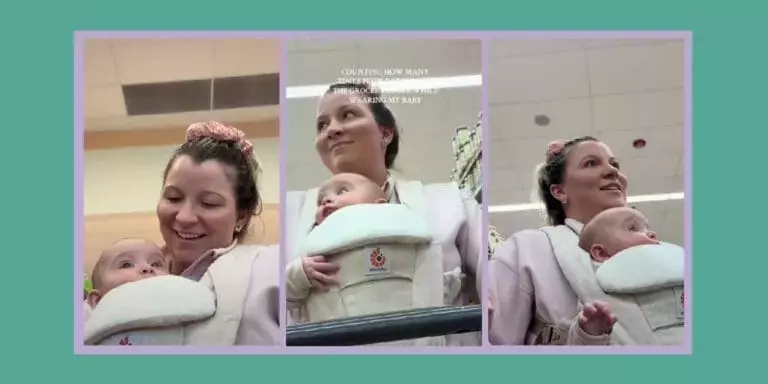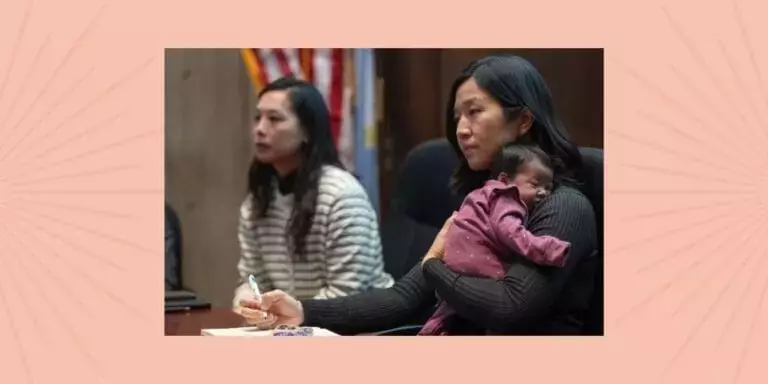
































Many stay-at-home parents, especially mothers, frequently encounter an underlying sense of unease when using household funds, even though their non-monetary contributions are invaluable. This sentiment is often rooted in a societal framework that predominantly links an individual's worth to their earned income, thereby diminishing the immense labor involved in raising a family and managing a home. Recent online discussions, particularly on platforms like TikTok, have brought this issue to the forefront, revealing that countless families grapple with this imbalance in financial perceptions and shared responsibilities. The widespread resonance of these stories underscores the urgent need for a shift in how caregiving is valued, both within families and in broader economic contexts.
Jessie, a mother from Melbourne, epitomizes this struggle. Despite initially envisioning a career that offered significant financial autonomy, she discovered that juggling entrepreneurial pursuits with the demands of motherhood became unsustainable after her son's birth. The decision to step back from her business and redefine her family’s financial arrangement was driven by exhaustion. She aimed to create a structure where the efforts of both partners, whether paid or unpaid, were equally recognized as essential to the family's well-being. However, this transition did not erase the psychological burden associated with spending money. Jessie likened it to the childhood experience of seeking approval for purchases, highlighting the lingering discomfort and the quiet tension between personal independence and interdependent partnership that many stay-at-home parents feel. Her candid sharing on TikTok quickly gained traction, with numerous parents echoing similar feelings of guilt and the challenge of adjusting to this new dynamic, illustrating the commonality of her experience.
This emotional toll extends beyond individual families. Another content creator, Ely, captured the essence of this often-overlooked struggle in a viral video. Her message powerfully articulated that while society often praises the working spouse for enabling a partner to stay home, it rarely acknowledges the sacrifices made by the stay-at-home parent. These sacrifices include foregoing career ambitions, pausing personal development, losing financial independence, and even a part of one's identity—all for the sake of nurturing a stable and happy home environment. The overwhelming response to her video, with millions of views and countless supportive comments, revealed that these "unseen costs" resonate deeply with many who felt their contributions were invisible or undervalued. Comments ranged from feelings of guilt over basic grocery purchases to a spouse's lack of understanding about financial needs, further emphasizing the widespread nature of this silent struggle.
Financial experts advocate for open communication and collaborative strategies to alleviate this financial discomfort within relationships. Licensed financial therapist Lindsay Bryan-Podvin suggests that couples can cultivate greater financial security by openly discussing their financial anxieties and establishing transparent systems that reflect both partners' priorities. This doesn't necessitate an immediate overhaul of existing practices; rather, gradual adjustments can be highly effective. Implementing shared budgets that grant equal access to funds for both partners, establishing personal discretionary funds to maintain individual autonomy, and setting up automatic contributions to retirement or savings accounts that acknowledge caregiving years are practical steps couples can take. Regular financial check-ins also provide an opportunity to reassess shared goals and ensure that both paid and unpaid labor are visibly integrated into the household budget.
While these internal family adjustments are crucial, a broader societal shift is also necessary. When policies, employers, and communities recognize caregiving as a legitimate economic contribution, it reinforces principles of equality far beyond individual households. The public narratives shared by parents like Jessie, Ely, and Luv Neptune are instrumental in expanding the collective understanding of caregiving, ambition, and partnership. Their stories illuminate that true equality flourishes through transparency, mutual trust, and the fundamental acknowledgment that care work is, in itself, a significant economic input. In an era where parenthood and career paths are increasingly dynamic, recognizing all forms of work—emotional, logistical, and financial—enables families to construct systems built on respect and shared responsibility. This heightened awareness not only transforms how couples manage their finances but also deepens their mutual appreciation and value for one another.
